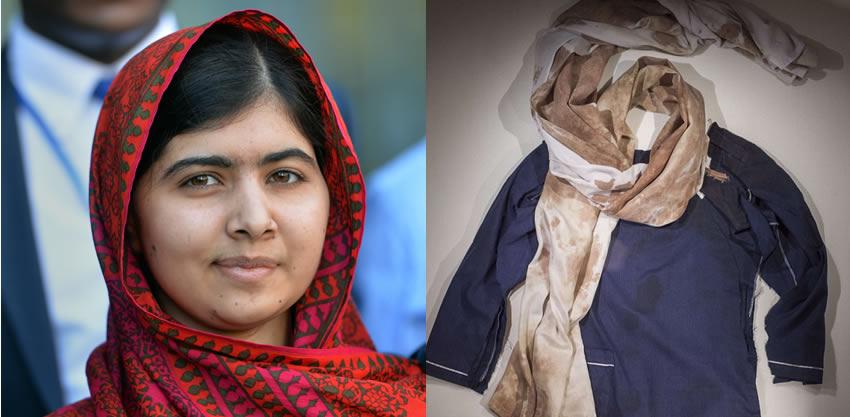 Pakistan’s Defence Minister Ahmed Mukhtar’s statement regarding the Shamsi Airbase has landed the country in another controversy. Mukhtar told Reuters: “When they (US forces) will not operate from there [Shamsi Airbase], no drone attacks will be carried out.” He said that Pakistan had been asking the US to vacate the base even before the Abbottabad raid and has “told them again”. But the US is having none of this. “That base is neither vacated nor being vacated,” a US official said.
Pakistan’s Defence Minister Ahmed Mukhtar’s statement regarding the Shamsi Airbase has landed the country in another controversy. Mukhtar told Reuters: “When they (US forces) will not operate from there [Shamsi Airbase], no drone attacks will be carried out.” He said that Pakistan had been asking the US to vacate the base even before the Abbottabad raid and has “told them again”. But the US is having none of this. “That base is neither vacated nor being vacated,” a US official said.
The issue of this particular airbase is complicated. In an in-camera joint session of parliament, Pakistan’s Air Chief Rao Qamar Suleman admitted that the said airbase was under the control of the UAE and not the Air Force. It was quite a shocking revelation given that the UAE had sublet the base to the US for conducting drone operations. How all this happened in a ‘sovereign’ state is beyond comprehension. And now, according to our defence minister, Pakistan has demanded that the US should vacate the base while the Americans have rejected this demand.
Drone strikes have been one of the most controversial issues in recent years. Pakistan has denied that it has given permission to the US for conducting such strikes on our soil while US officials claim — and WikiLeaks has substantiated their claim — that Pakistan’s military and civilian government have given tacit approval for such strikes as long as they can publicly deny it. Drone attacks started during General Musharraf’s regime and have now become a regular and more intense occurrence.
As for the Shamsi Airbase, so far we have been told that reconnaissance takes place from this airbase while the actual strikes are conducted from Afghanistan. This seems like a plausible deniability gambit by our government. Even if drone attacks are not conducted from our soil, we are helping them find their targets. In case Pakistan actually stops reconnaissance, the US can do that from Afghanistan. Controversies like the Shamsi Airbase and other such events in recent months have weakened Pak-US relations.
The increase in drone attacks is part of the US’s new Af-Pak policy. The US wants to withdraw a large number of its troops from Afghanistan but it will not be a total withdrawal. Not only will there be a residual presence of foreign troops in Afghanistan, the US will provide support to the Afghan army and police apart from keeping its bases there. This is to counter the Taliban who have so far been protesting against foreign ‘occupation’. The Obama administration has said on a number of occasions that not only will drone strikes continue, unilateral raids to take out their enemies will also be mounted if and when they get intelligence reports about high-profile targets. Post-OBL raid, many in the US have been demanding that the Americans should cut their ties with Pakistan for its ‘duplicity’.
But people like outgoing US Defence Secretary Robert Gates argue that the US is paying for its historical mistakes, which should not be repeated again. When the US stopped its support post-Soviet withdrawal from Afghanistan, Pakistan was left holding the mess — that of the refugees and a civil war. The vacuum was filled by our military and its jihadi proxies, and eventually the Taliban were born. If the US is serious about bridging the trust deficit and putting the region on the right track, it will continue to try and persuade our military and intelligence agencies. In case they do not listen to it, the US will probably use its leverage. Pakistan cannot be left to deal with the post-withdrawal potential Afghan mess once again by pursuing the same disastrous pro-jihadi policy that has created the present set of problems for all concerned. Dailytimes












